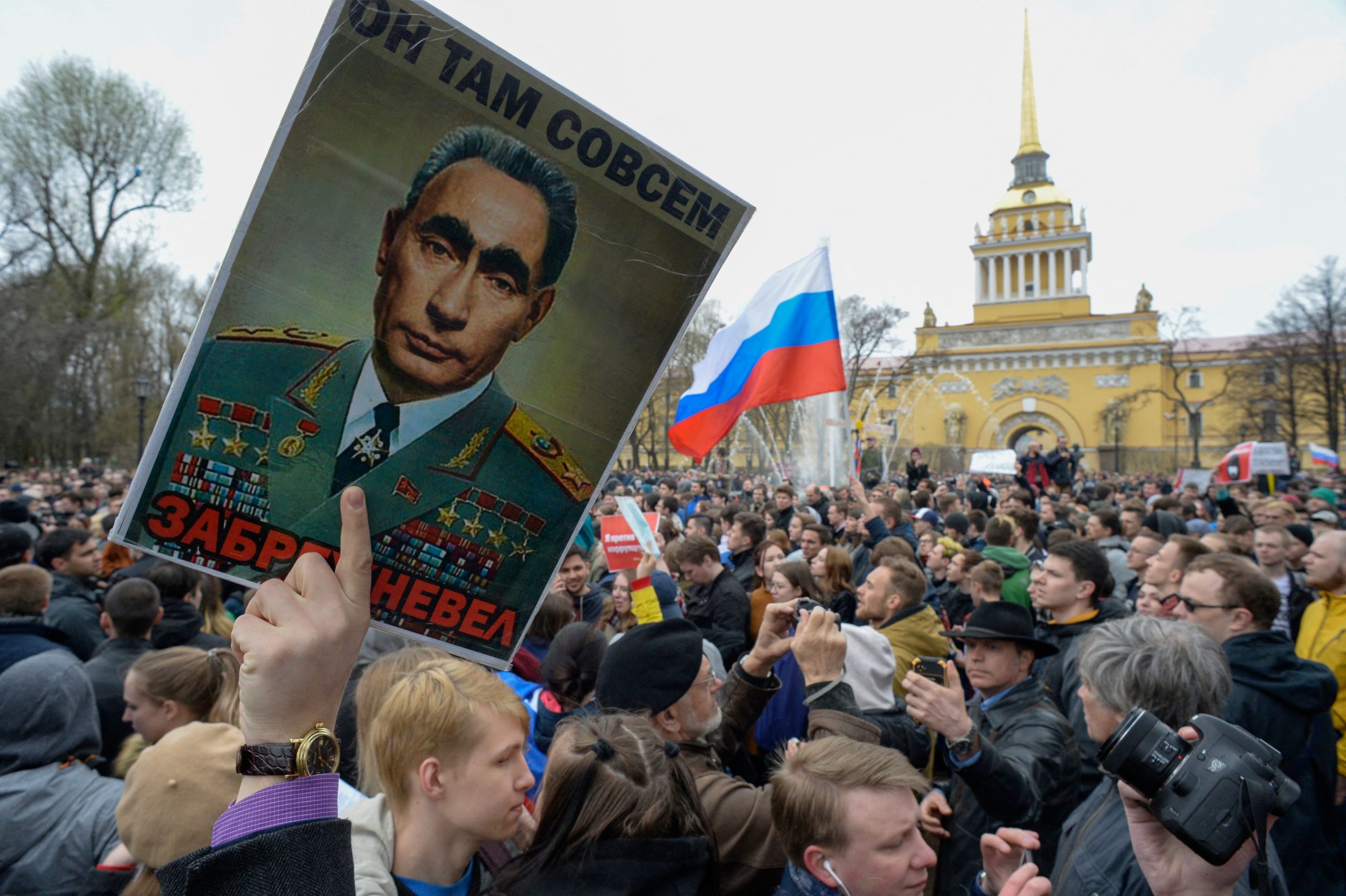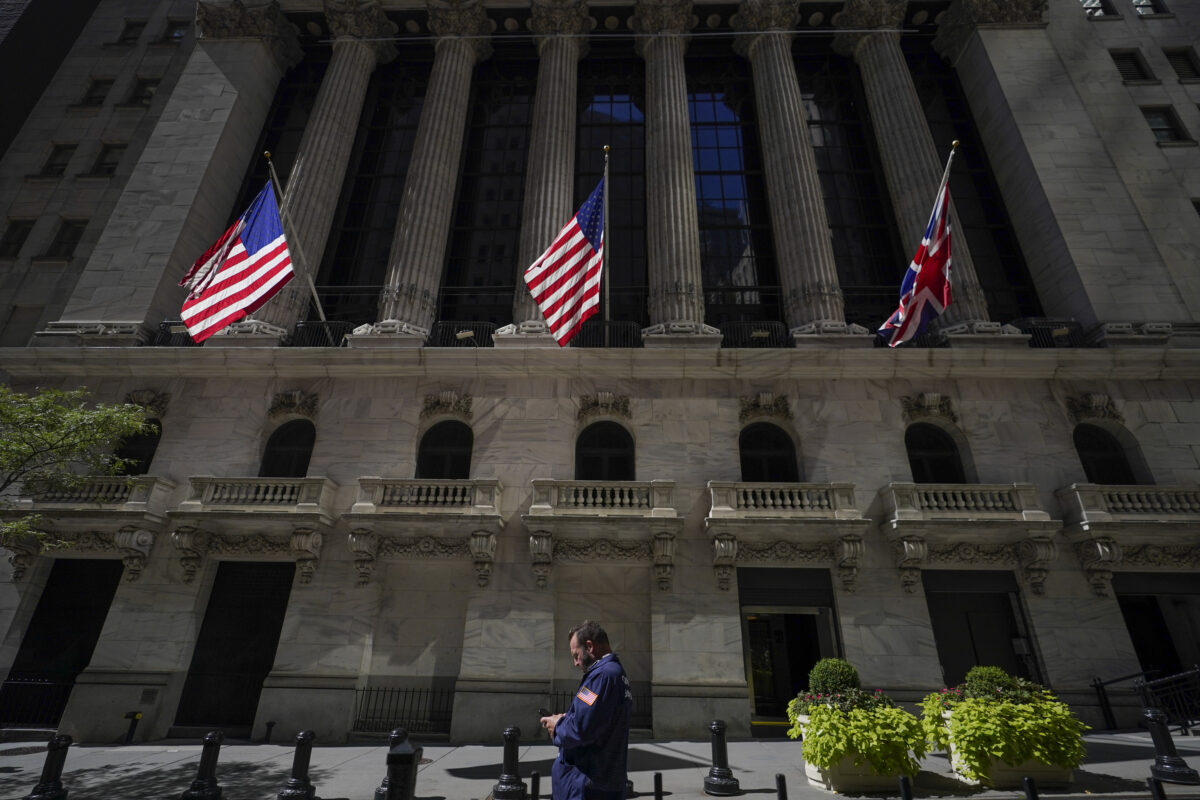Whither the ‘Siloviki’?
Russian ‘regime change’ would likely be anti-climactic.

On a train from Lviv to Kiev, I received the news that Queen Elizabeth II had died. For its round-the-clock coverage, a transformed BBC swept aside customary cynicism about the Crown for grave and respectful reporting. As cause for celebration amid national mourning, “commonwealth” emerged as a persistent theme, heralding the late sovereign’s life of support for the Commonwealth of Nations. The organization’s loosened eligibility criteria, accommodating applicants with no history of British imperial rule, denoted its success at fostering hope for the future even as it reflected the past.
Contrast this with the Commonwealth of Independent States (CIS), an association of twelve republics (now nine) from the collapsed USSR. Decades-old hopes of this “club” giving rise to a friendly family of democracies are in tatters, the titular post of general secretary having long ago passed to career functionaries of Soviet Russia’s security services, the siloviki. A former officer of the Soviet KGB’s First Chief Directorate holds the position today. The war in Ukraine sprang not just from neoconservative war lust, though that was one cause. It also arose from the spiritual and moral void at the heart of the CIS.
The Russian regime is a manifestation of that void, not some political extreme. It is immune to neither political correctness nor the allure of globalism, and President Vladimir Putin is no tin-pot dictator. Western biographies cite Putin’s “outsider” relationship to the Soviet Communist Party (CPSU), delineating him and his peers generationally from the ex-Party men heading nascent ex-Soviet republics. Never a member of the CPSU nomenklatura, Putin was just a quietly ambitious climber in the Soviet Committee for State Security (KGB). Typical of his inner circle, he was a mid-level officer when he retired.
But a sad paradox informs the regime’s identity. The KGB was formally the “Sword and Shield” of the CPSU, anathema to all patriotism, including Russian. While the siloviki dismiss as irrelevant the party they once swore to serve and protect, visible pride in their KGB past scuppers the “national patriot” mien. Russia’s best qualities survive despite the KGB, not because of it, so “silovik patriotism” is warped. Benign nationalism both reveres benign traditions and historical institutions and shuns their malign counterparts.
Most of today’s republics exult in their regal pasts. Packed Polish and Lithuanian museums lionize kings and queens of yore. Germans, French, Austrians, Italians, and other Europeans still dine out on royal or noble roots. Even in America, subliminal links between royalty and prestige inhere in the marketplace. But in republics born immediately of apocalyptic revolution, including the USSR, all public nostalgia for royalty is bloodily rooted out. In part, post-Soviet Russia follows the examples of other ex-Communist states in this regard, but with a key difference: Russia today hails both the glory of monarchy and the squalid state security organs that liquidated it. The Russian regime thus clings to a very dark past.
In the summer of 1918, the Cheka (as the KGB was first known) murdered the defenseless Nicholas II, his immediate family, and members of their retinue in a basement, burned their bodies with acid, and buried them in shallow unmarked graves in the Urals. The official Soviet version always held that a local district council ordered the murders, and that Vladimir Lenin only found out afterwards. Objectively, however, no Soviet official could have perpetrated such a momentous act without the supreme leader’s approval. Top Lenin deputy Leon Trotsky confirmed as much in his diaries, describing how fellow Politburo member Yakov Sverdlov told him of the executions a week after the crime.
“We decided it here,” said Sverdlov when Trotsky, on returning to Moscow, asked who authorized the killings. “Ilyich [Lenin] thought that we should not leave the Whites a live banner, especially under the present difficult circumstances.” In other words, Lenin authorized the atrocity, and the KGB carried it out. The Cheka grew quickly, the resultant culture of animalistic thuggery reaching into Soviet society at large, inspiring Mikhail Bulgakov’s satirical novel, Heart of a Dog, as early as 1925. The KGB would dwarf all tsarist-era secret police organs in size and power. Because key hands-on perpetrators of the regicide were Jewish, the episode heightened virulent anti-Semitism already common in Russia.
Russia still adheres to the Soviet-era line that the murders of the tsar, his wife, and their five innocent children, cook and doctor were the work of rogue local officials. A sad incident, today’s siloviki might say, but nothing to do with the man on whose burial chamber they stand to review parades, against a backdrop of memorials to Stalin, Sverdlov, and other architects of state terror interred with supreme honors. The Russian regime’s union of patriotism and Soviet Chekism is thus a schizophrenic one, and as its leaders stand on the Lenin Mausoleum for official events, they are oblivious to the incongruity of their own myth. Their oblivion has likely fed the Russian military’s undeniable brutality in Ukraine, just as it prompted the blundering invasion itself, eight years after Ukraine began building a proper army.
Russia’s chief executive for nearly a quarter-century harks back to imperial glory, likening himself to Peter the Great, who crushed a Swedish-backed Ukrainian Cossack rebellion in the early 18th century. Yet his cabinet seems to ignore 21st-century reality: many Russian units in Ukraine hail from republics with abysmal living standards. Even in Ukrainian villages, troops from Buryatia in Siberia have been shocked to find levels of comfort far above those at home, including indoor plumbing. Tales of Buryats ripping out and running away with toilets are commonplace.
Historian Niall Ferguson compares this era to the “Time of Troubles” (1598-1613), when Poland seized Moscow and put a Polish boy-prince on the throne. During the abortive “Wagner Mutiny” last month, Anne Applebaum asked whether it might be Putin’s “Czar Nicholas II moment,” inferring similarities with the emperor’s abdication and Bolshevik seizure of power from a weak republican government in 1917. I see more parallels with Nicholas I, who built up a feared secret police apparatus (the ‘Third Section’), savaged the Turks in the Balkans, and pushed back the Persians in the Caucasus before trying to capture the Black Sea and finally drive a stake through the heart of the Ottoman Empire. This roused the British and French to team up with the Turks and Sardinians to go and teach Nicholas a lesson.
Crimean War hostilities did not, however, halt with Nicholas’s death in 1855 at age 58. The Russians lost the war the next year but moved back into Crimea’s evacuated areas after the invaders left. Nicholas’ successor, Alexander II, modernized society, industry, and the military and emancipated the serfs four years before the U.S. abolished slavery. When the reformist autocrat was assassinated in 1881, his reactionary son replaced him. Russia went on being Russia.
In 1999, oligarchs installed Putin as a resolute enforcer to protect their interests for a cut. As prime minister during the Second Chechen War, he posed as a leader offering moral support for Russian soldiers in the field, where young conscripts captured by Islamist rebels were getting their throats slit like goats at a halal slaughter. Presiding over a return of predictability to ordinary Russian lives after the degrading chaos of the 1990s, he garnered widespread popular support at home and the “friendship” of leaders abroad.
It is doubtful he enjoys the same popularity in Russia today, and his silovik government has proven unable to foster the genuine commonwealth to which Russia and Ukraine must both belong. But concluding on that basis that the Russian Federation is on the brink of a break-up, as some have, feels unhinged. If a crack-up were somehow to happen, nothing in history supports the rosy vision of friendly democracies rising peacefully from a disintegrated union. Since there has never been a civil war in a nuclear-armed state, such an aftermath would require bellicose Western policymakers to sober up. More likely, as in the time of the tsars and CPSU, only the “flavor” of the regime will change, not the regime itself, as Nicholas I-like reformer Putin makes way for a different reformer.
The West bears much of the blame for the tragedy in Ukraine. Our shrill war hysteria proceeds from the assumption that inside every Russian is a Westerner trying to get out. But as Churchill noted in 1939, the West faces not only an unfathomable regime but an inscrutable civilization. One Ukrainian YouTuber, having interviewed countless Russians over the past few years, reveals that even the relatively educated see little abnormality in their government. They speak candidly about the complaints they have with their president yet still rationalize his “Special Military Operation” and indicate they would vote for him as long as he is on the ballot. If and when the Russian government undergoes meaningful change, entering a new era but still failing to resemble the West, truculent neocons addicted to violent regime change should be sidelined to deal carefully with the new Russian reality.
The post Whither the ‘Siloviki’? appeared first on The American Conservative.
Shop For Night Vision | See more…
Shop For Survival Gear | See more…
-
Sale!

Quick Slow Release Paramedic Survival Emergency Tourniquet Buckle
Original price was: $14.99.$7.99Current price is: $7.99. Add to cart -
Sale!

Mesh Shooting Hunting Vest with Multi Pockets
Original price was: $59.99.$39.99Current price is: $39.99. Add to cart -
Sale!

Stainless Steel Survival Climbing Claw Carabiner Multitool Folding Grappling Hook
Original price was: $19.99.$9.99Current price is: $9.99. Add to cart


















































